First grade
Handwriting: First graders are taught using the D’Nealian Handwriting program.
Reading: Grades 1-3 also use A Beka, a comprehensive reading program that focuses on literacy skills, phonics, vocabulary, reading comprehension and writing. It is a sequential program encompassing traditional grammar, usage, capitalization, punctuation, composition skills, and quality literature. It provides a framework in which to teach critical thinking, listening and speaking, reading, writing, and vocabulary. Alternative strategies for each unit provide whole-class or small-group modeling for every step in the writing process.
Social Studies: Students in grade 1 use A Beka social studies series, which offers a Christian approach to United States government, history, and patriotism.
Science: Science is a one-semester enrichment subject taught during weekly visits to our state-of-the-art Science Lab. Units of instruction include hands-on experiments and studies in the areas of: air, animals, germs, insects, leaves, seasons, sun, teeth, weather, water, and things that sink and float.
Grades one through six use the A Beka science series, which is a Christian-based study of the universe. Instruction in grades one through two encourages the children’s interest in science by studying about the world around them. The studies of plants, animals, insects, energy, health, seasons, and the five senses provide an introduction to science with emphasis on building student interest and augmenting reading skills. Hands-on activities and activities to increase comprehension of basic science concepts are included. The science text is designed for one semester through fourth grade.
Math: A Beka arithmetic series. It approaches mathematics from a traditional perspective, concentrating on mathematical concepts and applications. It promotes the development of computational and problem solving skills, incorporating practice problems and a comprehensive system of review and testing. Elementary arithmetic begins with the most basic concrete mathematical processes, emphasizes arithmetic facts and skills, and includes concepts such as fractions, decimals, percents, basic geometry, ratio, and proportion. This mathematics curriculum is a good example of a spiral curriculum in which the students are consistently being exposed to previous concepts and reviewed for mastery.


